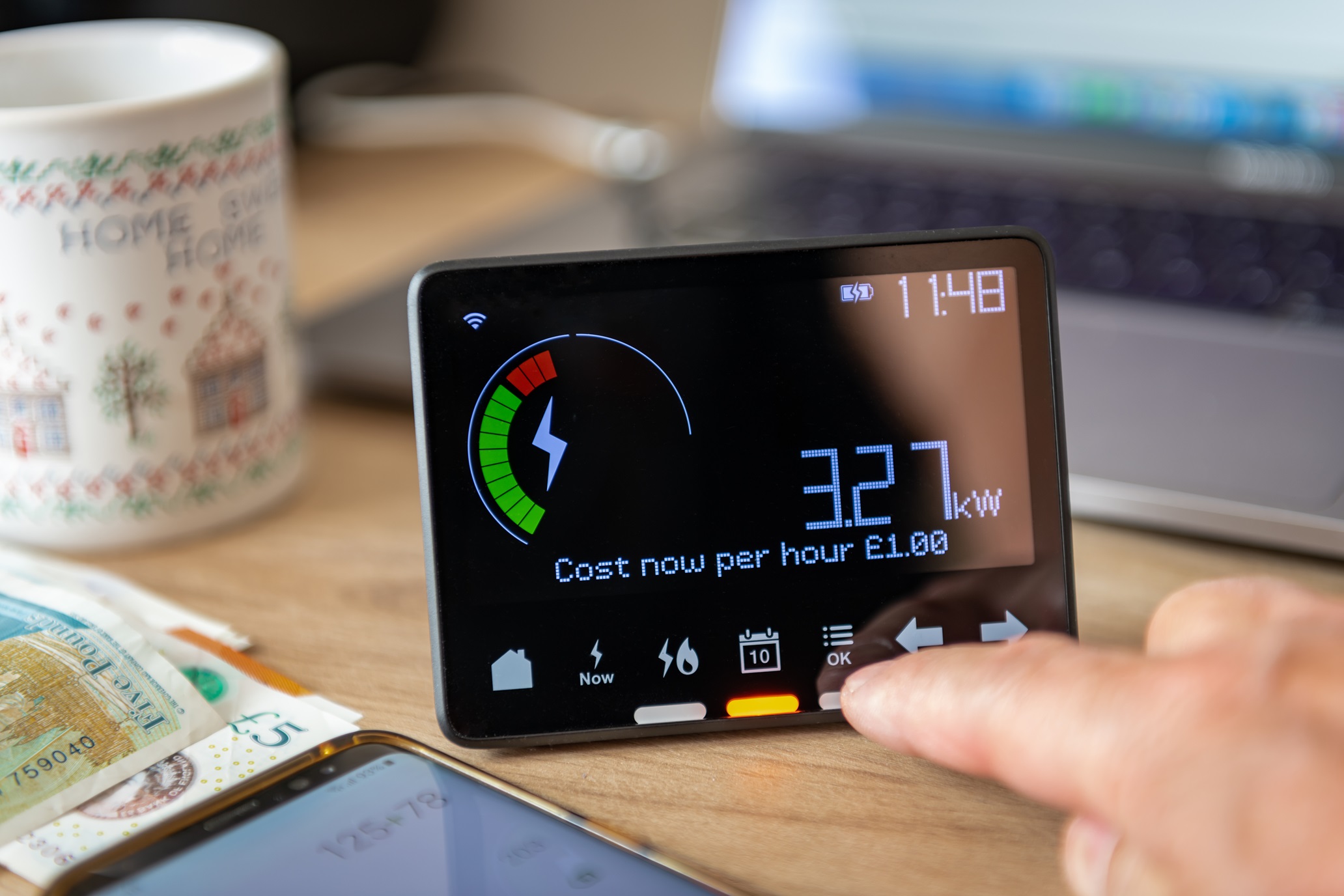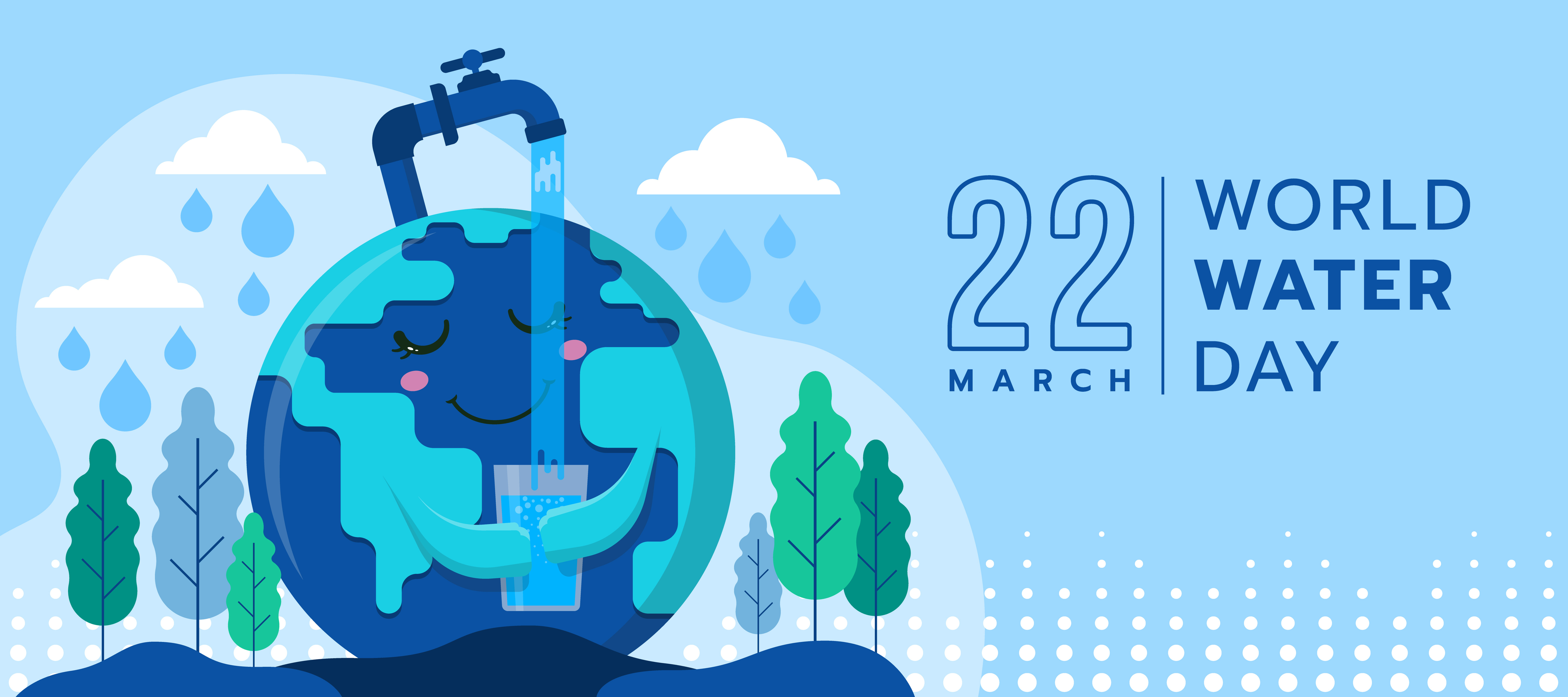Earlier this month, it was reported by the Met Office that the UK is experiencing more weather extremes, with the hottest days becoming 1C hotter, and the number of “tropical nights” increasing.
The study also found that on average the hottest day in each year over the recent 10-year period is 0.8C warmer than it was when compared to earlier decades. Meanwhile, the coldest days and nights recorded over the last ten years are getting warmer, with temperatures on average 1.7C milder in recent years.
This all means Britain is getting hotter as a result of climate change. The heatwave of 2018 caused a lot of discomfort, with drought fears causing hosepipe bans in certain areas. It shone a light on how households use water, and often waste it, meaning reservoirs were drained of resources.
This problem is commonplace in certain cities around the world – Cape Town being the most prominent. Emergency measures were required to stop people using water as much, with residents having to change their habits straight away to support the city’s water crisis. We can also expect increased measures in other cities too, such as London, Sao Paolo, Dublin and Rome.
Getting ahead of inevitable drought challenges is increasingly important, if our weather patterns are set to be more extreme. But how?
Well, educating households about their water use, and how to reduce it, is actually all about psychology.
If you combine behavioural science with data science, you challenge the way a utility customer thinks about water use. Motivating change to current behaviour is critical to solving our pending water problems.
Data science produces actionable insights for customers about their water consumption, but behaviour change will come when you frame these insights in a way that uses theories from behavioural science. These insights then – when communicated in a sustained way – will ultimately lead to a reduction in water consumption.
For utilities, if you are able to give households meaningful insights about their own water or energy consumption, together with tips and tricks on how to lower it for the good of the environment and their bank account, they are more likely to follow the guidance given. Money is not the only incentive, but there are also other ways you can encourage people to do something, or act in a certain way. Changes to social status, competition and positive emotions will motivate change as well. When it comes to water consumption, telling consumer how they compare with the rest of society (their neighbours, homes of similar size), it also incentives their behaviour.
Higher temperatures are inevitable, meaning more drought is on the way. It’s now time to change the way people think about the world’s most precious commodity to preserve it.
Interested in the future of utilities ?



